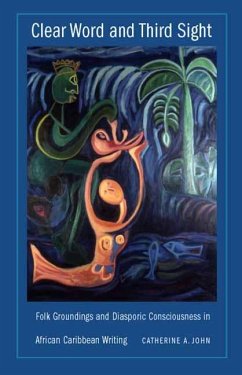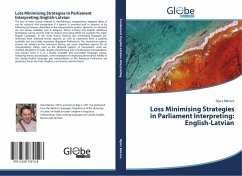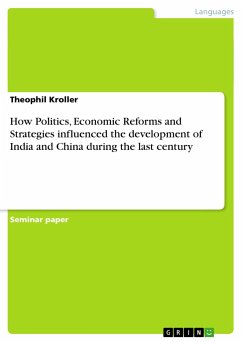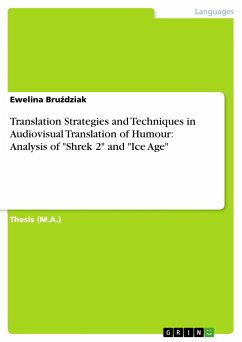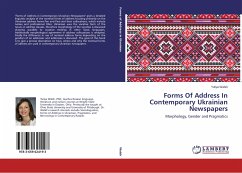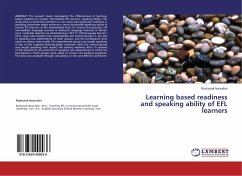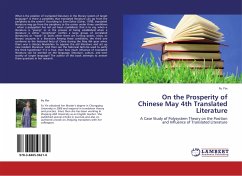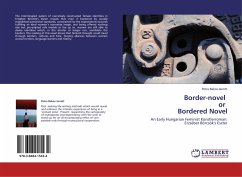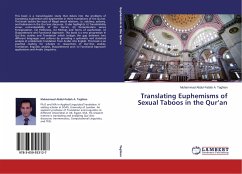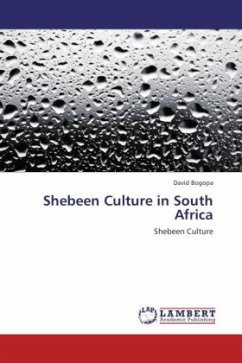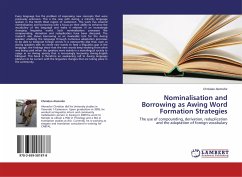
Nominalisation and Borrowing as Awing Word Formation Strategies
The use of compounding, derivation, reduplication and the adaptation of foreign vocabulary
Versandkostenfrei!
Versandfertig in 6-10 Tagen
27,99 €
inkl. MwSt.

PAYBACK Punkte
14 °P sammeln!
Every language has the problem of expressing new concepts that were previously unknown. This is the case with Awing, a minority language spoken in the North West region of Cameroon. This work has covered nominalisation and borrowing with a focus on their ability to enhance the vocabulary of the language and make it relevant in an increasingly changing linguistics world. Such nominalisation processes like compounding, derivation and reduplication have been discussed. The research also shows borrowing as an invaluable tool for the Awing speaker, enabling the language through numerous adaptation ...
Every language has the problem of expressing new concepts that were previously unknown. This is the case with Awing, a minority language spoken in the North West region of Cameroon. This work has covered nominalisation and borrowing with a focus on their ability to enhance the vocabulary of the language and make it relevant in an increasingly changing linguistics world. Such nominalisation processes like compounding, derivation and reduplication have been discussed. The research also shows borrowing as an invaluable tool for the Awing speaker, enabling the language through numerous adaptation processes to be able to integrate foreign words. It is noteworthy also that, even as Awing speakers seek to create new words to feed a linguistics gap in the language, the findings show that the new words keep evolving from what was being used when the speakers were mainly in a monolingual society to usage in an Awing society that is increasingly becoming Awing-English bilingual. This book is therefore an awakening call to Awing language planners to be current with the linguistics changes that are taking place in the community.



